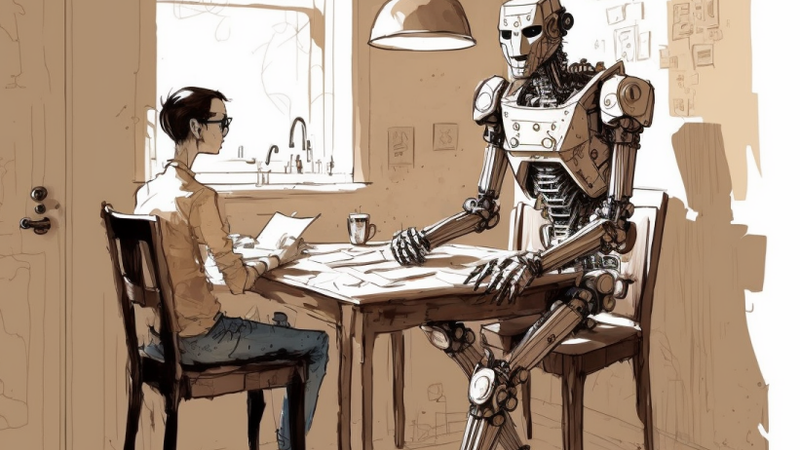The Conversation is actually one of the perspective gaining editing tips I’ve used a little before, albeit not intentionally. This time I went into it with a little more intentionality and had a friend read through my writing whilst I was sitting there listening. The primary goal was to mirror what was proposed by Bell in The Artful Edit, that is; having the author sit on one side of the desk with the editor on the other firing questions across it as they arose. In some ways this is a fast and loose variant of getting feedback from a writing group or even an editor more long-form.
What long-form slow-response editing doesn’t do that this style of editing does seem to is bring questions the reader/editor may have right to the forefront before the remainder of the text can answer them. This way if the author feels it’s adequately explained later in the work they can prompt the editor to continue reading, or they can catch the points that the editor raises and take note of them if there’s something amiss. For example, having someone else asking about pieces being deliberately unexplained caused me to pick up on a piece that was introduced as part of the setup but underutilized in presenting what was going on in the story (outside of what the narrator was explicitly telling the audience) as a whole.
I think this is where the conversation shines, the ability to have these short question and answer sessions partway through a story (assuming you can avoid being bogged down in the technical of whether you should be using an em dash or a comma) really helps crystalize (at least for me) how the breadcrumbs in a story are built up over time, how it flows and how tension builds (in my brief experiment I noticed the more tension, the fewer questions - this may be a difficulty for some readers/editors, or alternatively may be a good indicator as to how well your tension holds up). This does feel like a later draft technique though, not a first draft; an early draft with errors and omissions seems as if it will be more likely to turn this sort of open conversation into a micro-editing minefield rather than anything resembling a useful experience.
All in all, I can say with certainty that this is going to be an editing technique that I will be revisiting in the future. I’m not sure how enthused my would-be editor will be with this long term, but we’ll cross that bridge when we come to it.
